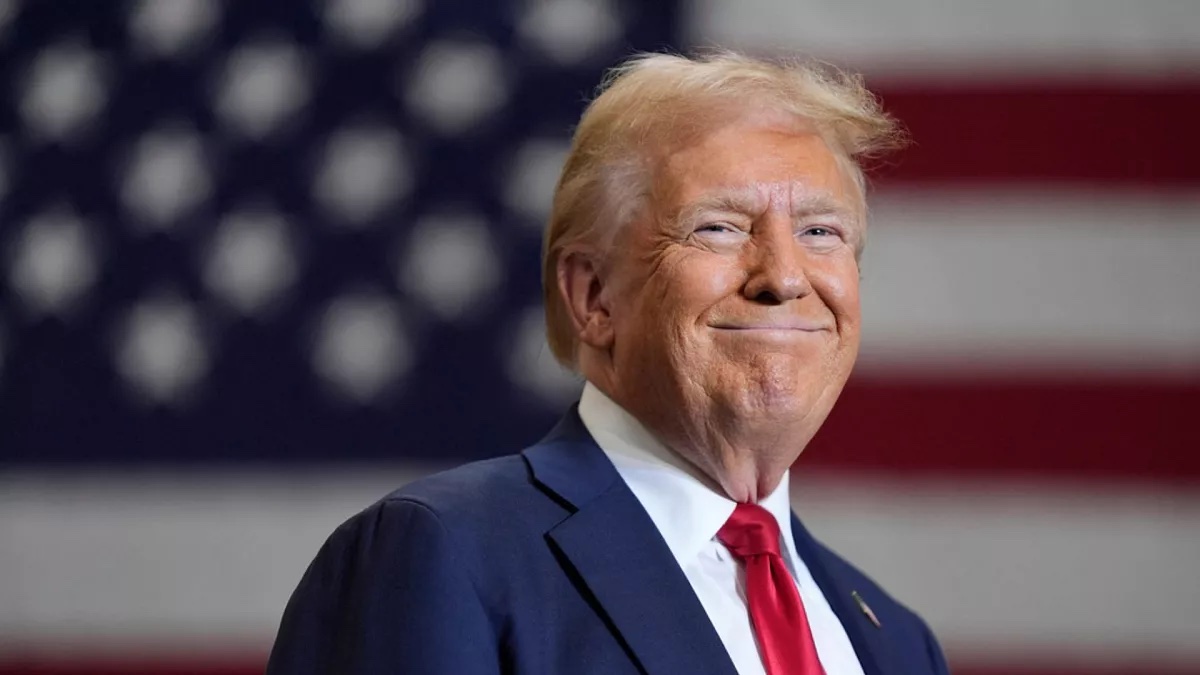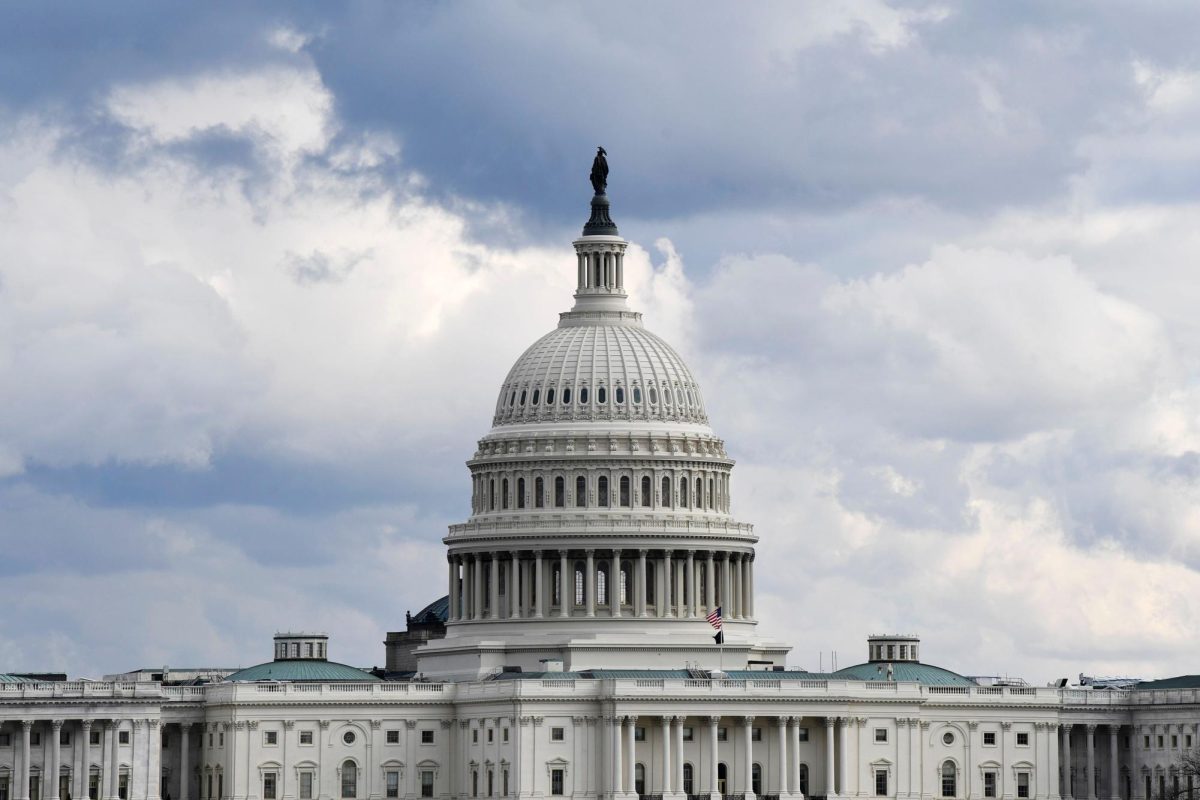Former President Donald Trump was elected for his second term and with a new president comes a new administration. Several of his nominations from his last term have since spoken against him, so all eyes are on the picks this time around.
There are 15 members in the Cabinet and a number of other advisory positions in the White House. A prospective president nominates individuals who then carry out the various duties of the White House from their specialized federal agencies.
All Cabinet positions require approval from the Senate. This time, if four Republicans join every Democrat in opposing a nomination, it will fail. Trump has stated that the soon-to-be majority leader, Sen. John Thune, “must agree” to consider recess appointments if the voting process stalls on any of his nominees.
The Cabinet roles that are filled every four years head the following departments: the Departments of Agriculture, Commerce, Defense, Education, Energy, Health and Human Services, Homeland Security, Housing and Urban Development, the Interior, Justice, Labor, State, Transportation, the Treasury and Veterans’ Affairs.
For Secretary of State, Trump picked Florida Senator Marco Rubio, who was also his opponent in the 2016 presidential primaries. Rubio is the vice-chair of the Senate Select Committee on Foreign Intelligence and sits on the Senate Committee on Foreign Relations.
Pete Hegseth was nominated by Trump for Defense Secretary. Hegseth is a veteran, a former Fox News host and has never held political office. Recently, sexual assault allegations against Hegseth surfaced from a Republican women’s event in 2017, though Trump stated this information would not sway his nomination.
If approved by the Senate, Robert F. Kennedy Jr., third-party presidential candidate and nephew of John F. Kennedy, will be the secretary of Health and Human Services. According to Kennedy, Trump has provided him with three duties to fulfill in the role: to improve health agencies to be less corrupt, to ensure a focus on “evidence-based science and medicine” and to address and end the “chronic disease epidemic.”
Kennedy does not have a medical background, but has on multiple occasions spread false claims on the harmful effects of vaccines, fluoridated water and ultra-processed foods such as in 2023 when he claimed: “Autism comes from vaccines.”
Chief Executive of Liberty Energy, one of the largest fracking services companies, Chris Wright was picked for Energy secretary. Wright will join Burgum in Trump’s new National Energy Council that will aim to establish US energy dominance globally. Wright has voiced his doubt about the existence of a climate crisis.
The president-elect’s nominee for Commerce secretary is billionaire Howard Lutnick. Lutnick strongly supports Trump’s plans for a 20% tariff on all U.S. imports – except goods from China, which would have a 60% tariff.
For secretary of Housing and Urban Development (HUD), Trump chose Scott Turner, who spent time both in the NFL and in the House of Representatives. In his first presidency, Trump attempted to place budget cuts on HUD and restrict housing aid but was unsuccessful.
With her goal of “[sending] education back to the states,” Linda McMahon will serve as secretary of Education, head of the Department of Education, under the Trump administration. The department federally funds schools and colleges across America and handles federal student loans.
During his campaign for President, Trump pledged to dismantle the department, claiming that it’s filled with “radicals, zealots and Marxists.” To accomplish this task, a supermajority approval in the Senate would be needed. While Senate Republicans will have a majority during Trump’s term, 60 members would likely be needed and Democrats would be extremely unlikely to vote in Trump’s favor.
Originally, Trump picked Matt Gaetz to be attorney general under his administration, meaning he would run the Department of Justice. That same department once led a sex trafficking investigation into Gaetz, which he said didn’t lead to any federal charges.
Gaetz withdrew from consideration on Thursday, Nov 21. amongst a separate investigation into alleged sexual misconduct and use of illegal drugs. Trump’s new pick for attorney general has not yet been announced.
The other picks for Cabinet positions are as follows: Doug Burgum for secretary of the Interior, Sean Duffy for secretary of Transportation, Doug Collins for secretary of Veterans Affairs, Scott Bessent for secretary of Treasury, Pam Bondi for attorney general and Kristi Noem for secretary of Homeland Security.
Heads for the Departments of Agriculture and Labor have not yet been picked. All nominations should be announced by Thanksgiving, the president-elect said.
Several non-Cabinet key roles have been picked by Trump, including Elon Musk and Vivek Ramaswamy to run the new Department of Government Efficiency (DOGE), which is not an official government department. The two will share a consulting role and work to cut $500 billion in annual spending.
The goal will be to “dismantle government bureaucracy, slash excess regulations, cut wasteful expenditures and restructure federal agencies,” said Trump.
Tom Homan, the former director of U.S. Immigration and Customs Enforcement (ICE) and a top-level ICE official, will assume the role of “border czar.” He has announced his intention to lead the largest deportation operation in U.S. history, with its scale dependent on the level of funding provided by Congress. With Republican control of both the Senate and the House in the new administration, there is potential for all or most of his requested budget to be approved.
The Federal Communications Commission (FCC) Chair nomination was given to Brendan Carr to carry out the objectives he wrote in the FCC portion of “Project2025.” Trump has stated his intentions to revoke the broadcasting licenses of television channels he perceives as biased; Carr similarly promised to hold television and radio stations accountable for censorship.
Other non-Cabinet picks include: Susie Wiles for chief of staff, James Blair, Stephen Miller, Dan Scavino and Taylor Budowich for deputy chief of staff, Michael Waltz for national security adviser, Bill McGinley for White House counsel, Steven Cheung for communications director, Karoline Leavitt for press secretary, Will Scharf for staff secretary, Sergio Gor for personnel, Alex Wong for deputy national security adviser and Sebastian Gorka for deputy assistant to the president.
These key advisers, along with the 47th president, will begin their positions in January 2025.














